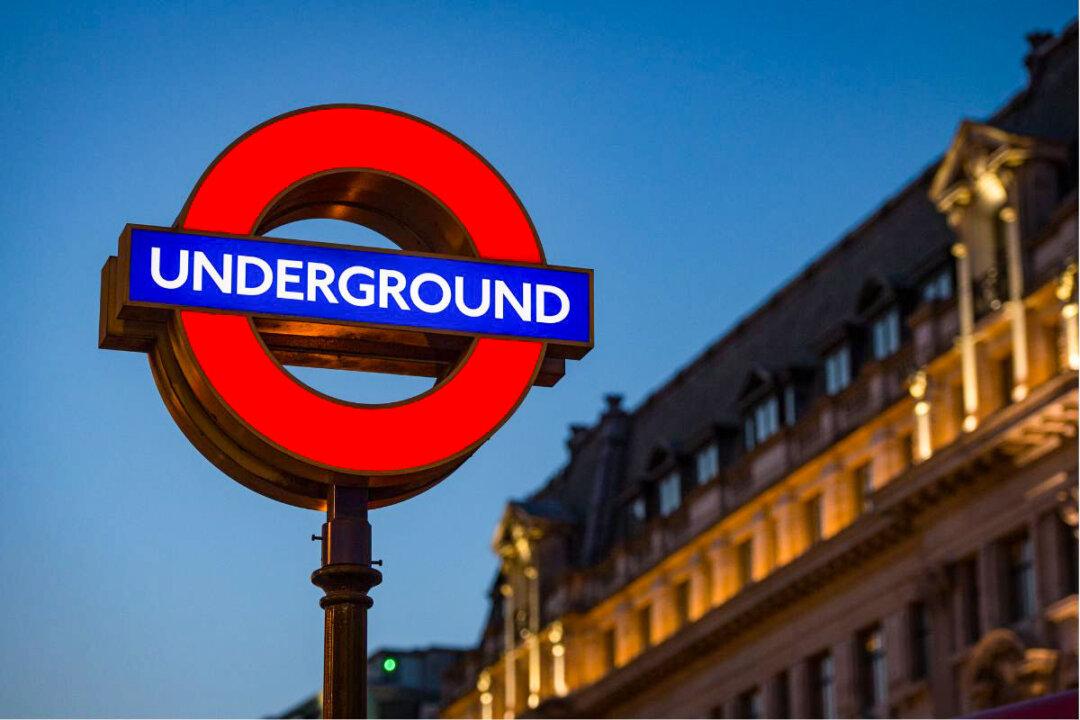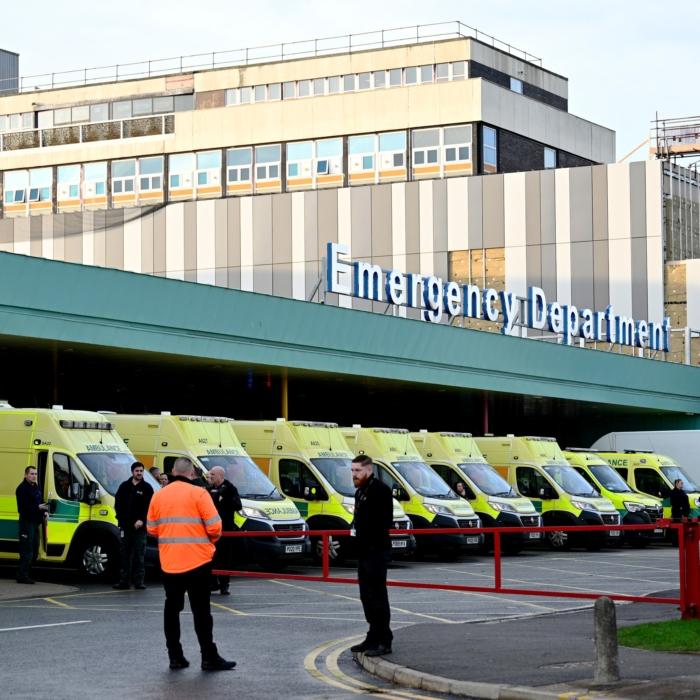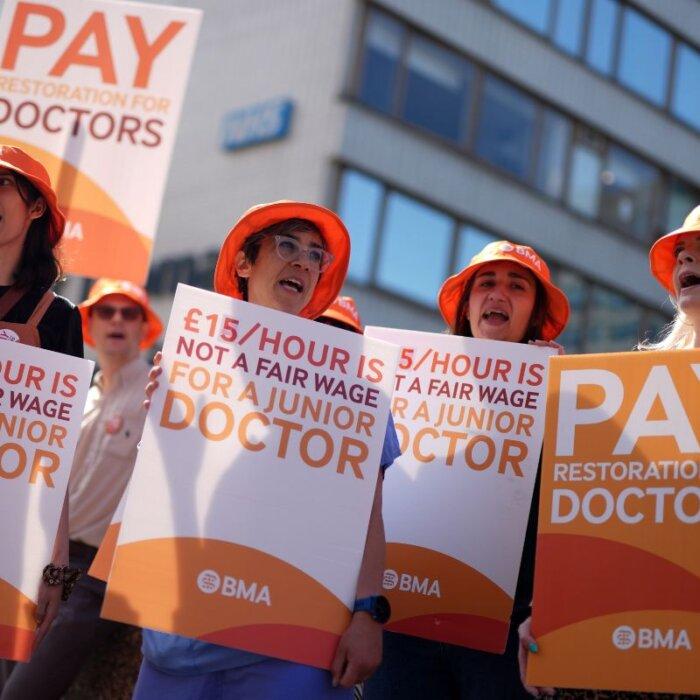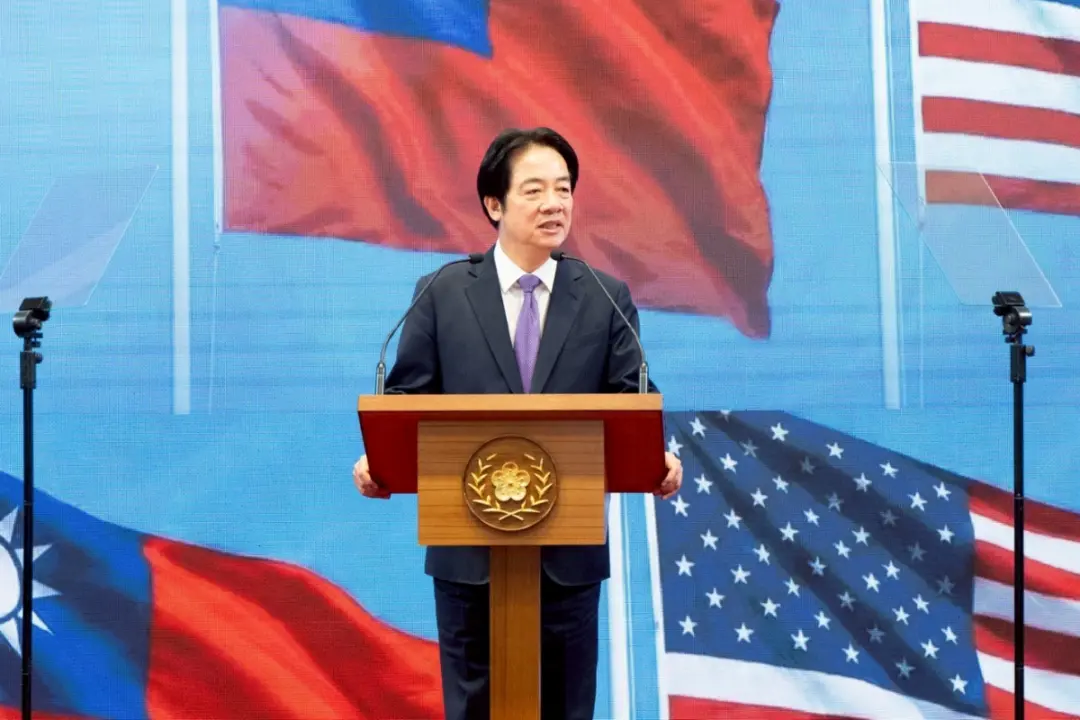Members of two transport unions working in the London Underground will conduct a series of strikes in November in a dispute over pay.
Aslef and the Rail, Maritime, and Transport union (RMT) confirmed on Wednesday that their members will strike for several days next month, prompting concern from business leaders over the effect the strikes will have on London’s economy in the run-up to Christmas.
Members of Aslef working as Tube drivers and instructors as well as management grades and those in the engineering section will walk out on different days. The union said management grade and train operators will strike on Nov. 7 and 12, and engineering will strike for 24 hours from 6 p.m. on Nov. 1.
Aslef said the pay offer of 3.8 percent and a variable lump sum did not meet their demands as it means Tube drivers will stay on a lower salary than other Transport for London (TfL) staff while working longer hours.
The union’s full-time organiser for the London Underground, Finn Brennan, said Underground management “refuse to discuss any reduction in the working week or introducing paid meal relief to bring Underground drivers in line with those on the Elizabeth line and London Overground.”
The RMT said its members working as maintenance, signalling, and station staff will strike on different days between Nov. 1 and 8, after rejecting what they deemed a “wholly inadequate” pay offer.
RMT General Secretary Mick Lynch said London Underground’s pay offer had fallen short of what members deserve and that the conditions offered threatened to remove collective bargaining rights.
Christmas Concerns
Business leaders have expressed concern over the impact multiple days of striking will have on investor confidence, as well as disrupt industries dependent on the pre-Christmas trade.“Just as we’re trying to send a strong message to investors that London is open for business, the announcement of fresh Tube strikes will cause needless disruption to businesses, Londoners, and visitors,” BusinessLDN’s Deputy Chief Executive Muniya Barua said, urging unions and bosses to find a way forward without industrial action.
Karim Fatehi, chief executive of the London Chamber of Commerce and Industry, said London’s reputation as a global business centre “depends on a functioning and reliable transport network.”
Fatehi added that “as we approach the festive season, these strikes risk discouraging visitors to London, and will significantly reduce the crucial footfall that businesses in the leisure, retail, and hospitality sectors rely on in this busy period to drive their revenues.”
A TfL spokesperson said it was disappointing that the RMT and Aslef were striking.
The spokesperson said: “We have held several constructive discussions with our trade unions and, after considering their feedback, have made a revised offer with an average uplift of 4.6 percent, which rewards our staff for their hard work and benefits the lowest-paid staff the most.
Strikes and Pay Raises
Recently, the UK has seen a series of strikes across multiple sectors, including from junior doctors, teachers, and train drivers.Since Labour came to power, it has been coming to agreements with various unions representing public sector workers, offering pay raises.
However, the co-chairmen of the junior doctors’ committee said that the offer was just the first step towards restoring pay, and that they would not rule out further action if they cannot come to an agreement with the government on other matters, such as pay uplifts.







